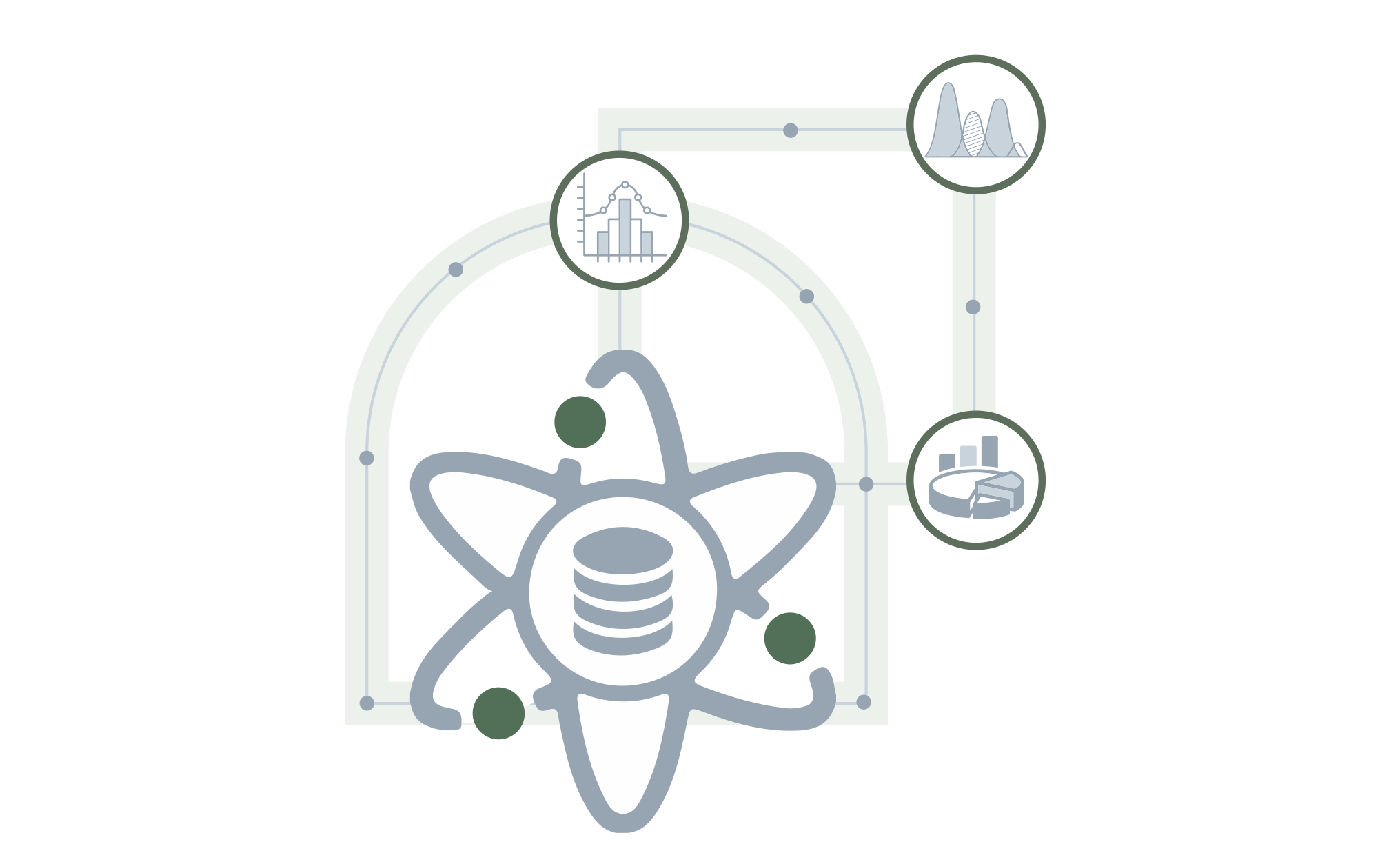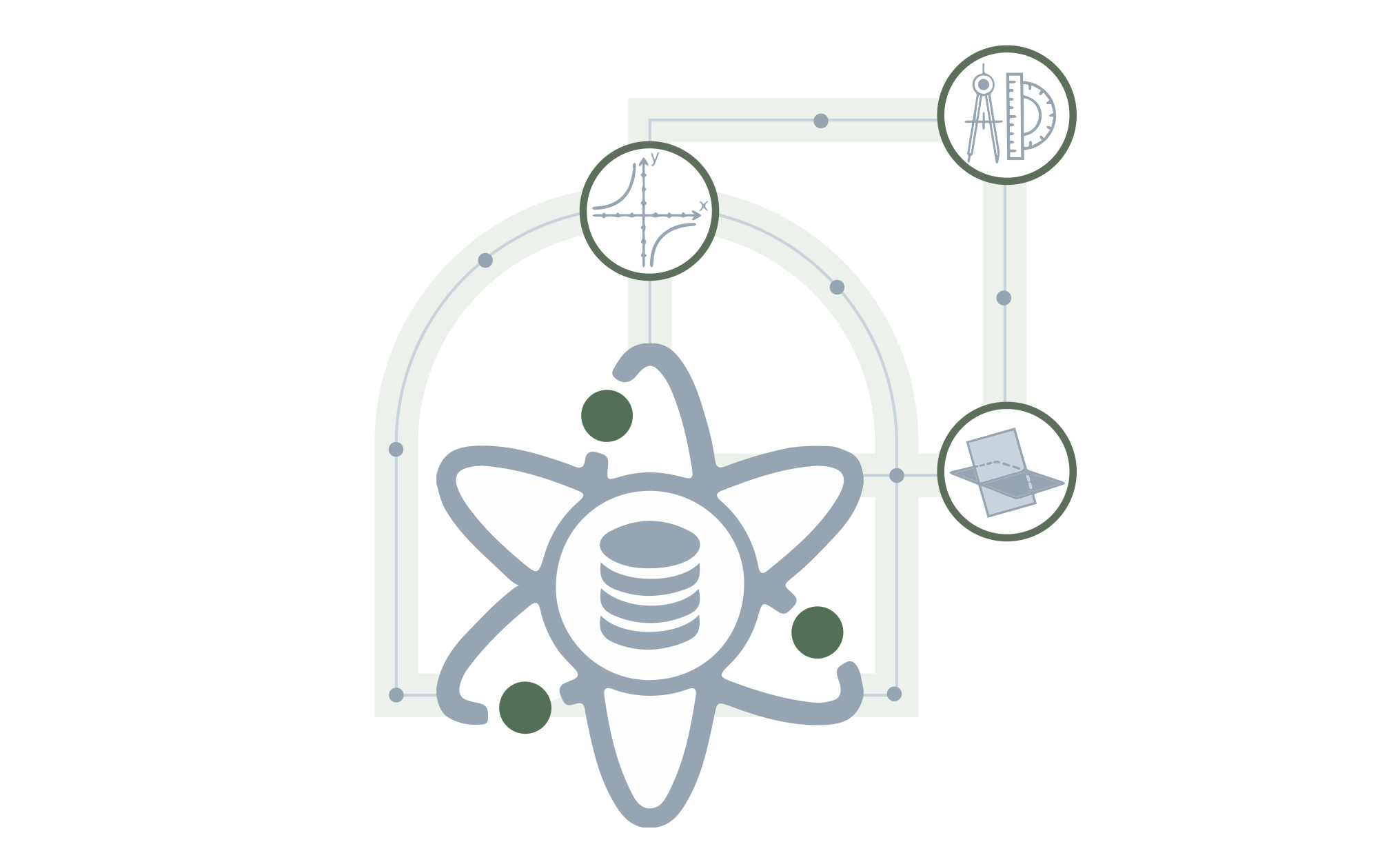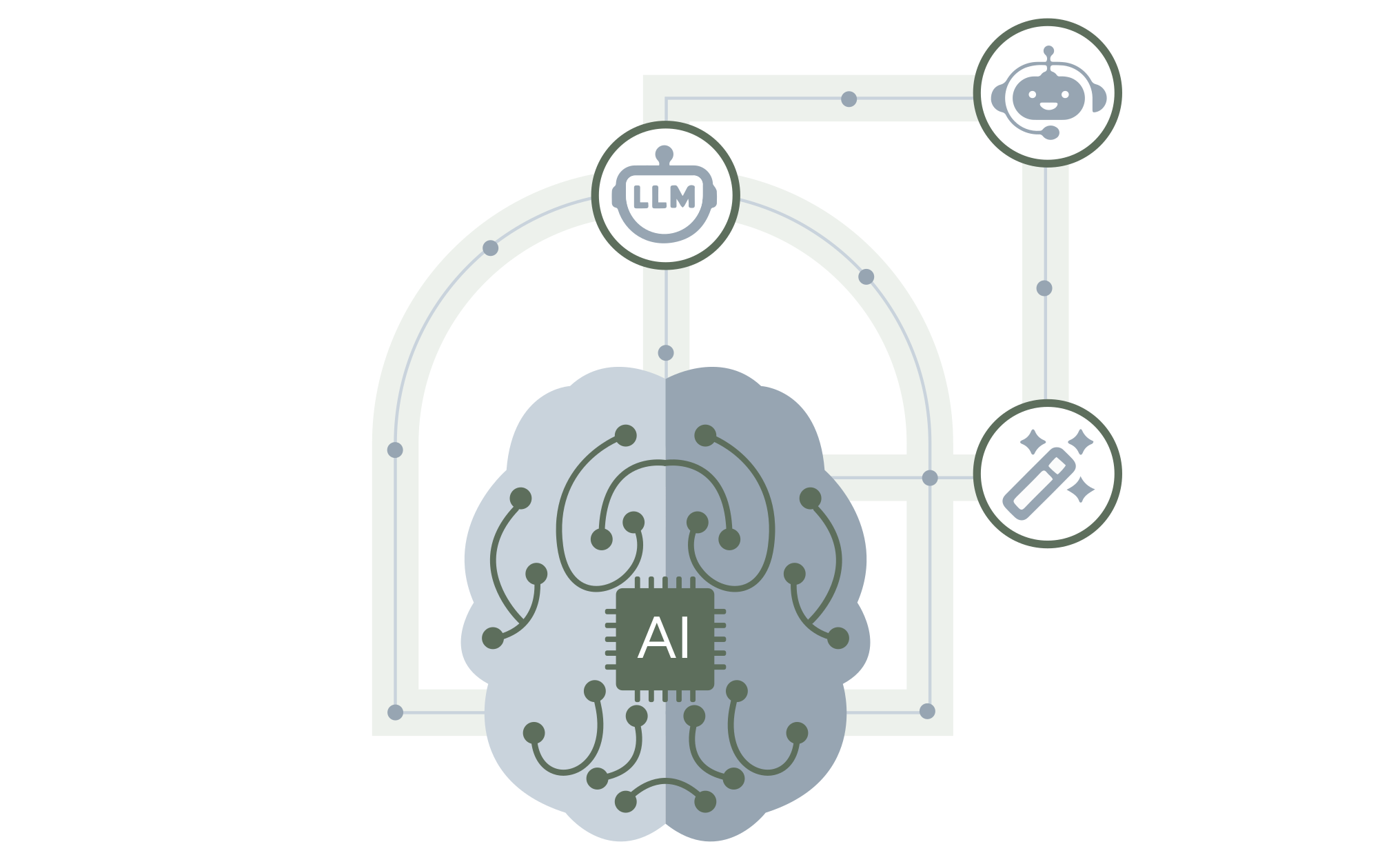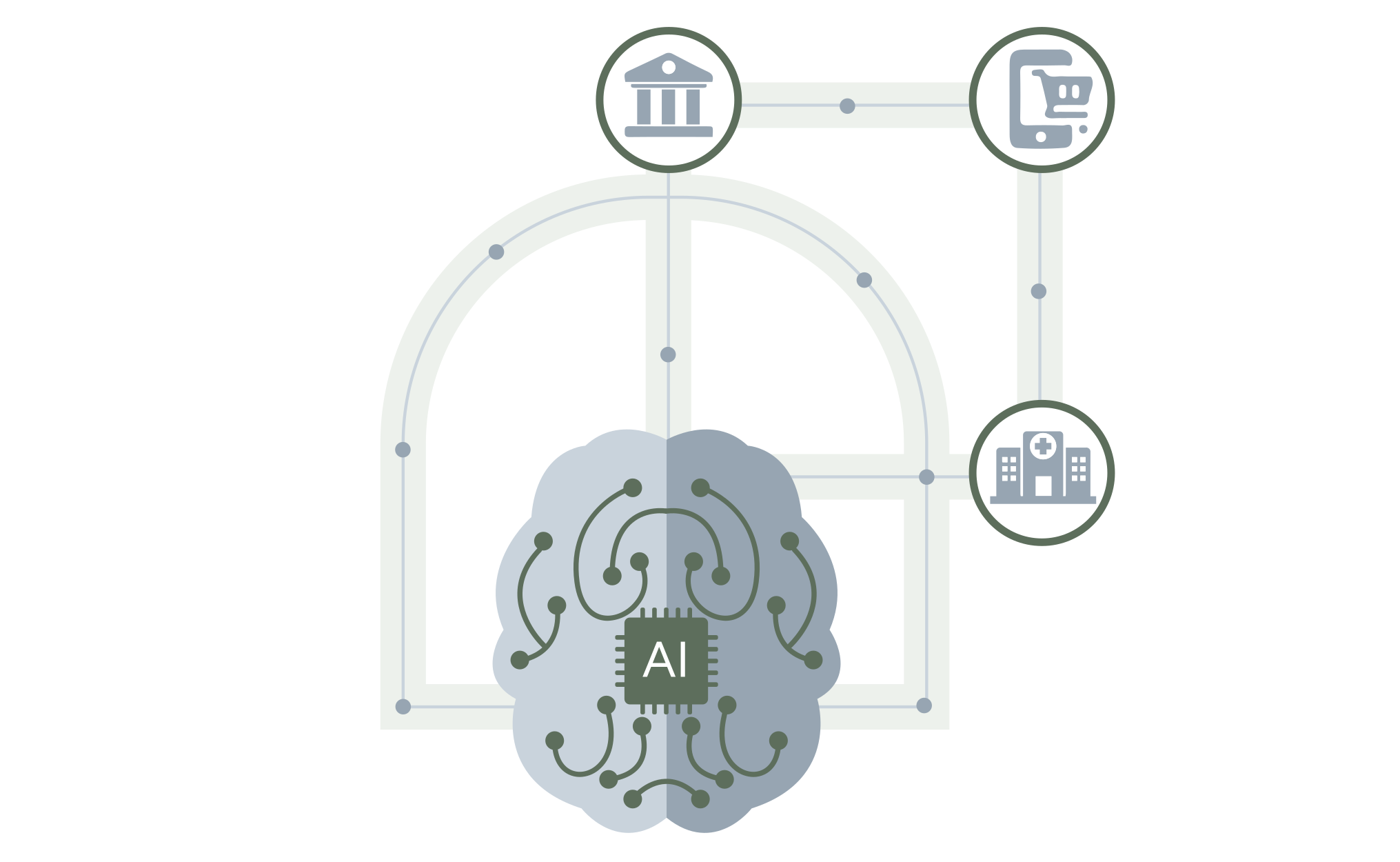Natural Language Processing in Data Science
Build a strong foundation in Natural Language Processing by understanding core concepts, techniques, and real world applications. Learn how to design, implement, evaluate, and integrate NLP solutions using modern libraries while customizing models to meet domain specific business needs.

.avif)
Who will Benefit from this Training?
- Data Scientists
- Software Engineers
- Data Analysts
- Business Analysts
- Data Engineers
Training Objectives
- Gain a solid understanding of the fundamental concepts, techniques, and models used in Natural Language Processing.
- Learn the various applications of NLP in real-world scenarios and industry domains.
- Gain hands-on experience in applying NLP techniques such as text preprocessing, sentiment analysis, text classification etc.
- Develop practical skills in implementing NLP solutions using popular libraries and frameworks.
- Learn how to customize and fine-tune NLP models to address their organisation's specific requirements and domain-specific challenges.
- Receive training on evaluation metrics and techniques to assess the performance and quality of NLP models
- Learn how to integrate NLP capabilities into existing business workflows, systems, or applications.
Build a high-performing, job-ready tech team.
Personalise your team’s upskilling roadmap and design a befitting, hands-on training program with Uptut

Key training modules
- Introduction to Natural Language Processing
- An overview of NLP, its applications, and its significance in data science.
- Text Preprocessing
- Techniques for cleaning and transforming raw text data before further analysis.
- Tokenization and Lemmatization
- Breaking down text into individual words or tokens and reducing them to their base or root form.
- Part-of-Speech Tagging
- Assigning grammatical tags to words in a sentence for syntactic analysis.
- Named Entity Recognition
- Identifying and classifying named entities like people, organizations, and locations in text.
- Sentiment Analysis
- Analyzing and determining the sentiment or emotional tone expressed in textual data.
- Text Classification
- Categorizing text into predefined classes or categories based on its content or characteristics.
- Topic Modeling
- Extracting latent topics or themes from a collection of documents.
- Word Embeddings
- Representing words as dense vectors to capture semantic relationships and meaning.
- Language Modeling
- Developing models that generate coherent and contextually relevant text.
- Sequence Labeling
- Assigning labels or tags to each element in a sequence, such as part-of-speech or named entity labels.
- Machine Translation
- Automatically translating text from one language to another.
- Question Answering
- Building systems that understand and generate responses to questions based on given contexts or documents.
- Text Summarization
- Generating concise summaries of longer texts while preserving key information.
- Information Extraction
- Identifying and extracting structured information from unstructured text, such as relationships and entities.
- Chatbot Development
- Creating conversational agents capable of understanding and responding to user queries.
- Text Similarity and Clustering
- Measuring the similarity or clustering of text documents based on their content.
- Language Generation
- Generating natural language text for various applications, such as dialogue systems or content generation.
- Speech Recognition
- Converting spoken language into written text.
- Ethical Considerations in NLP
- Exploring ethical implications, biases, and privacy concerns in NLP applications.
Hands-on Experience with Tools

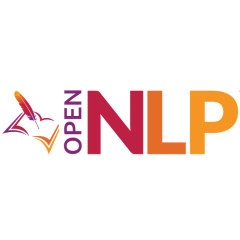




Training Delivery Format

Opt-in Certifications
.avif)
100% Live
.avif)
Hands-on
.avif)
Lifetime Access
Skill-Gap Assessment
Analysing skill gap and assessing business requirements to craft a unique program
1
Personalisation
Customising curriculum and projects to prepare your team for challenges within your industry
2
Implementation
Supplementing training with consulting support to ensure implementation in real projects
3
Why Natural Language Processing for Your Business?
- Unlocking Language Data: By leveraging NLP techniques, you can tap into vast amounts of textual information and transform it into actionable knowledge.
- Improved Customer Experience: NLP allows you to analyse customer feedback, support tickets, social media interactions, and reviews, enabling you to understand customer sentiment, preferences, and needs.
- Enhanced Business Intelligence: By leveraging NLP techniques, you can gain deeper insights from text data, uncover patterns, and detect trends. This enables your business to make data-driven decisions, identify market opportunities, perform competitive analysis, and drive innovation within your business.
.avif)
Lead the Digital Landscape with Cutting-Edge Tech and In-House " Techsperts "
Discover the power of digital transformation with train-to-deliver programs from Uptut's experts. Backed by 50,000+ professionals across the world's leading tech innovators.
.svg)
.svg)
.svg)
.svg)
.svg)
.svg)
.svg)
.svg)
.svg)
.svg)
Frequently Asked Questions
With our focus on experiential learning, we have made the training as hands-on as possible with assignments, quizzes and capstone projects, and a lab where trainees will learn by doing tasks live.
We conduct both online and on-site training sessions. You can choose any according to the convenience of your team.
Yes, all trainees will get certificates issued by Uptut under the guidance of industry experts.
We have an incredible team of mentors that are available for consultations in case your team needs further assistance. Our experienced team of mentors is ready to guide your team and resolve their queries to utilize the training in the best possible way. Just book a consultation to get support.
.webp)






